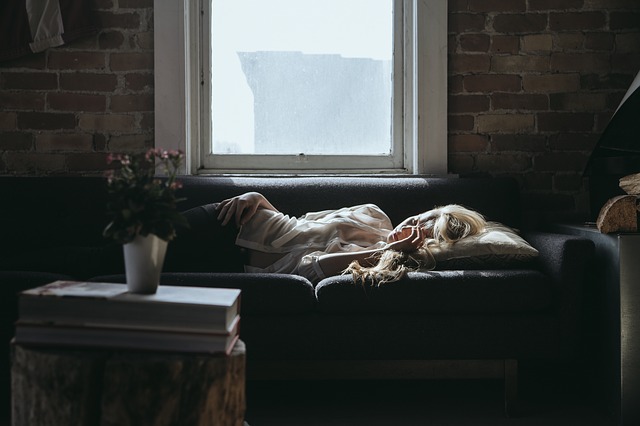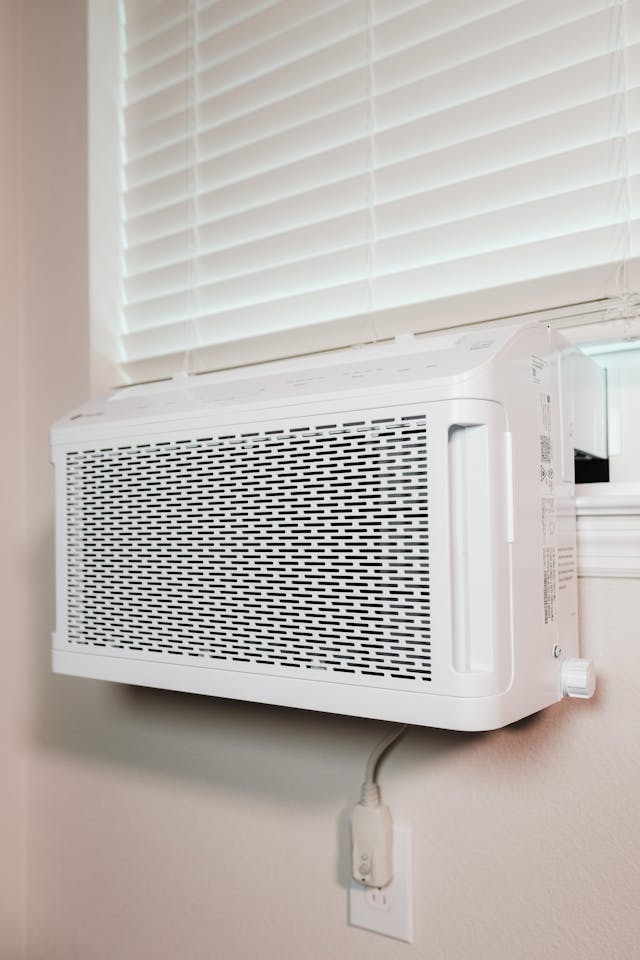Do you often feel tired throughout the day? Do you have trouble falling asleep at night? Do you find yourself trying to catch up on rest week after week?
If so, you’re not alone.
According to the Centers for Disease Control and Prevention, as many as 70 million Americans suffer from chronic sleep disorders. And many millions more experience varying levels of intermittent fatigue throughout their lifetimes.
Drug companies are fully aware of these statistics and cleverly position their commercials at night — precisely when you’re most receptive to sleeping aid adverts. And yet, despite the rise of prescription medications, America’s sleep disorder is actually getting worse.
For the vast majority of sleeping problems, pharmaceuticals are not the answer. Instead, you should focus on designing healthy sleeping habits that satisfy your body’s daily requirements for rest and relaxation.
Below are a few proven techniques to help you get better shut-eye.
1. Stick to a Regular Sleep Schedule
If you’re like most Americans, you probably wake up early throughout the week and sleep in during holidays and weekends.
This is a mistake.
According to the National Institute on Aging, it is much better to stick to the same sleeping schedule every day. If you wake up at 6 a.m. Monday through Friday, make sure you get up at 6 a.m. on Saturday and Sunday as well.
In the beginning, this can be a tough adjustment. But your daytime energy levels will be much higher in the long term.
2. Establish a Pre-bed Routine
The act of putting on business attire every morning signals to your body (and brain) that you’re entering “work mode.” However, this same process also works in reverse. One or two hours before you go to bed, you should follow a strict “wind-down” routine that signals to your body and brain that it is time to sleep.
The exact routine varies from person to person, but common approaches include:
- Reading a book (preferably fiction)
- Drinking chamomile tea (avoid caffeinated beverages)
- Taking a hot bath (better than a hot shower)
- Dimming the lights
It may take you a while to discover your ideal pre-bed routine. But whatever you adopt, make sure that it is consistent.
3. The Bedroom Is Sacred
Another popular American pastime is late-night TV watching and texting — especially in bed. But this is another huge mistake.
Bright screens and excessive stimuli can disrupt your circadian rhythms, making it harder to fall asleep. Even if you do fall asleep, your rest probably won’t be as enjoyable as it could be. Researchers at Michigan State University recently discovered that smartphone owners who use their devices before bed frequently wake up with “tech” hangovers.
The solution? Use the bedroom only for sleep. No screens, no lights and no electronic distractions of any kind.
If you don’t fall asleep in the first 15 minutes, you’re actually better off, leaving the bedroom altogether and repeating your wind-down routine. As every insomniac knows, lying awake in bed will only lead to more wakefulness and frustration.
4. Get Plenty of Exercise
If you’re feeling tired right now, the last thing you want to hear about is the need for more exercise. But increased physical activity will actually improve your sleep cycle and boost your daytime energy.
Twenty to 30 minutes of daily cardiovascular activity is usually enough; just make sure that you’re not exercising within three hours of your normal bedtime.
5. Eat a Healthy Diet
Our bodies have evolved to process a fairly limited number of food groups — namely, grains, vegetables, fruits, dairy and lean protein. Anything else that you introduce into your system will (almost by definition) disrupt your sleep schedule.
This is especially true of:
- Processed foods (of any kind)
- Caffeine and nicotine
- Pharmaceutical sleeping aids
One of the biggest culprits of all is alcohol. Society and Hollywood often celebrate the sleep-inducing effects of the nightcap. But your sleep will be less restful, less immediate and less enjoyable if you imbibe within hours of going to bed.
The Most Important Sleeping Tip of All
Many Americans treat sleep like work deadlines or billable hours. You can skip today, but make up for lost time tomorrow.
Unfortunately, the human body doesn’t work like that. Like most aspects of holistic and healthy living, sleep is a process, not a fix. It is a daily habit that demands daily attention. In other words, there are no rollover credits.
It takes a while to establish a clear and consistent routine. And during that time, you may experience occasional late-night frustrations and daytime crashes.
But by adopting the above tips and moving at a manageable pace, the journey becomes easier and easier with time. Sweet dreams!
Author Bio:
Suzanne Coblentz is the Director of Offline and Social Media for Nava Health & Vitality Center. Nava Center introduces all their clients to a new side of total body wellness.



I have a shifting schedule at work. The times I go to work vary almost from day to day. I can have three different shifts in a week making it hard for me to establish a good sleeping pattern. This has been my case for around a year and a half already. As a result, I feel tired most of the time even if I get long hours of sleep during my off. Do you have any advice or suggestion on how I can get a good sleep despite having a shifting schedule? Your response will be highly appreciated. Thank you.
I have discovered that when I eat a lighter meal for dinner, I sleep better. Sometimes I go to bed very late doing online work and wake up very fatigued with very little energy to face the day. A good night sleep is very important as the body heals while we sleep. I will try my very best to observe my sleeping routine so that I can enjoy a restful night.
That is great that you have observed that about yourself and I think that holds true for many people. I have also noticed that Americans in particular like to have a “treat” in the evening, something sugary or chocolaty, which can make it hard to get to sleep at night. I personally sleep better if I skip out on the late evening desserts.
When it comes to exercise I would recommend trying yoga. It’s easy to get into, and hard to master.
All you need is some free time and youtube. Although I do recommend getting a yoga mat, and maybe a DVD by some professional teacher.
Anyway, it’s good for the body and you get more flexible by just 20-30 min each day. Or every second day if you wish.
It’s also nice to do before bed, if you get the beginner courses. They are relatively easy and you don’t have to shower after. Straight to bed for a good night sleep!
I follow all of the guidelines except keeping the bedroom sacred. I sometimes watch a movie or something before bed. It helps me fall asleep, but I can’t stay asleep. So I just adjusted my schedule to wake up earlier. It has lead to some problems in my life, but now that I can see the reason I’ll do my best to alleviate it.
I’ve learned the hard way about how valuable sleep is for good health. I used to burn the midnight oil regularly, and I always woke up feeling groggy, and like I’d been running a marathon overnight. In fact, I would often feel more tired when I woke up than I did going to bed.
Some of the things that really interfered with my sleep was using my phone and tablet in bed, and watching tv. I could not wind down properly, and so I’d lay there for an hour or so before I fell off to sleep. It often resulted in a bad headache the next morning too.
Now I just read a paper book – no e-readers! – and allow myself to drift off peacefully. The tech stuff is not allowed in the bedroom at all now, and I sleep much better for it.
I agree that creating a routine in your sleeping habits can be beneficial. I am a big culprit of leaving the TV on when I sleep. The sound of it lulls me to sleep actually. I didn’t realize it could be harmful to do that though. Some things I do use to help me sleep is reading a few chapters of my book, stretching and meditation.
I think, I have understood the reason why, I have been having sleeping problems. I regularly watch a TV show in bed, before I sleep, and maybe have a few chat sessions with my friends. It is not unusual for me to have a drink or a snack during that period. It was my belief that such an action was relaxing and will send me off to sleep. But in reality I have stayed awake longer than I should have. Probably the routine made my body feel that my bed, where I sleep, is not a the place for me to fall asleep, and therefore I it has been difficult for me to sleep. I think I will change my routine and restrict all such activity to a sofa. Your article has been very insightful.